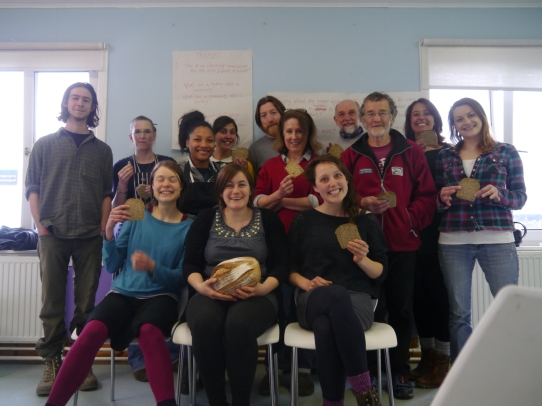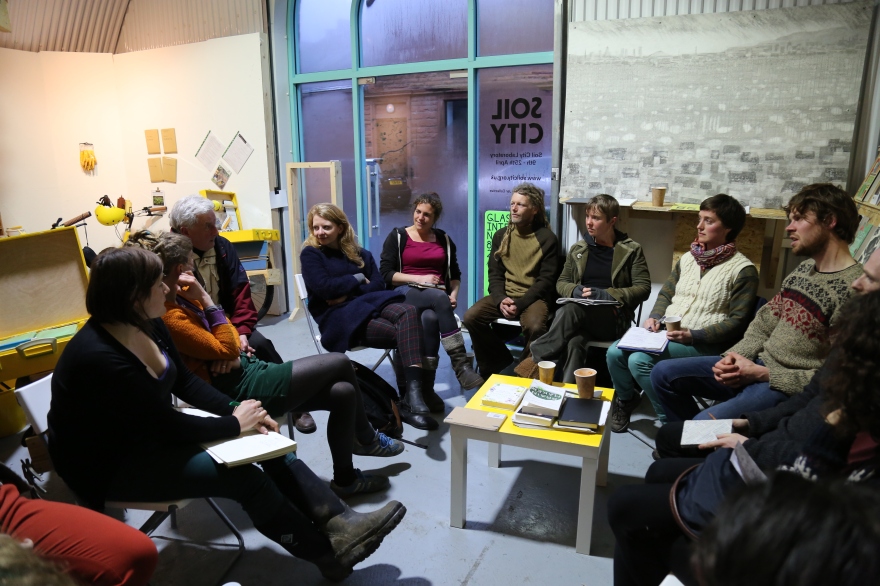Spent a bit of time answering some questions for Anna de Jong, a food researcher at West Highland College UHI, who is promoting local food to enhance sustainability and retain cultural heritage in Scotland. Answered these questions from my Riverside Bakery apprentice-baker perspective!
—————-
Background
It would be really helpful to gain a broader understanding of your background – how/why you arrived in Stirling from Canada, via England? Are there specific events/factors you feel have influenced your passion for food politics?
I ended up in the UK all because of a lovely Yorkshireman – we met on the west coast of Canada in 2009, fell in love, and his Canadian immigration visa ran out, so I came back to the UK with him. We lived in the Lake District in Cumbria, only meaning to stay in the UK for maybe a year, tops. For all sorts of reasons we ended up staying in Britain much longer. The Yorkshireman and I aren’t together any more, but I’m still in the UK, now living up in Scotland.
The reason I came to Stirling was very much linked to food politics and opportunities in that realm. I loved living in the Lake District – a great community of folks, fabulous access to wee mountains, and it’s really beautiful countryside. But, I was working in a cafe/pub the entire time I lived there and was desperate to contribute to a different food and farming system in a meaningful way. I felt limited in what I could achieve in the Lakes in this sense, as there isn’t a thriving alternative agriculture ‘scene’ there as of yet, and didn’t have the skills or confidence to forge new paths.
I applied for a job at Stirling University – the FEAST project (Food Education at Stirling uni), which was my dream job at the time. I was supporting the creation of a student-led permaculture garden, an organic/ethical food co-operative, and a series of sustainable food education sessions. To my delight and surprise, I got the job, and have been in Stirling ever since.
In terms of events or factors that influenced my passion for food politics….
Keep reading …

















